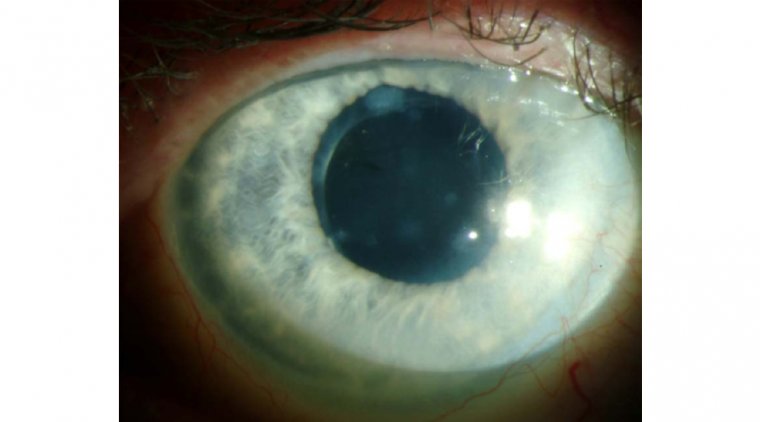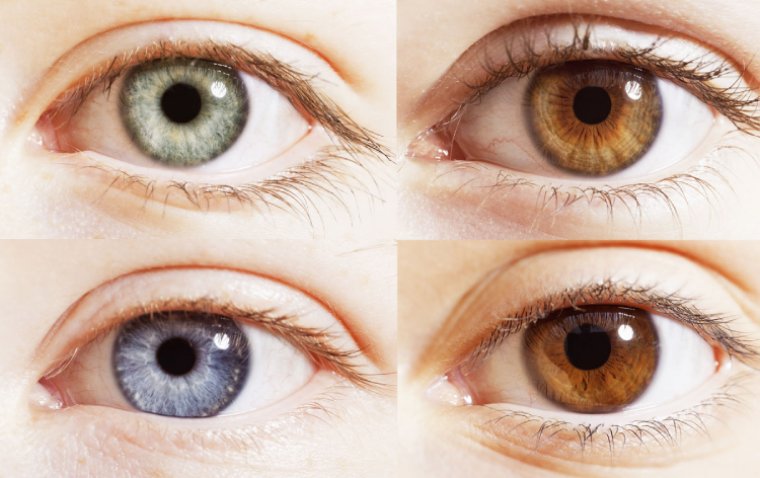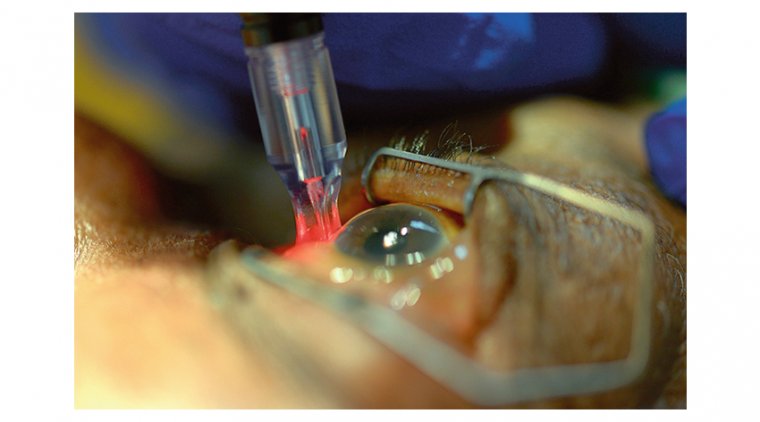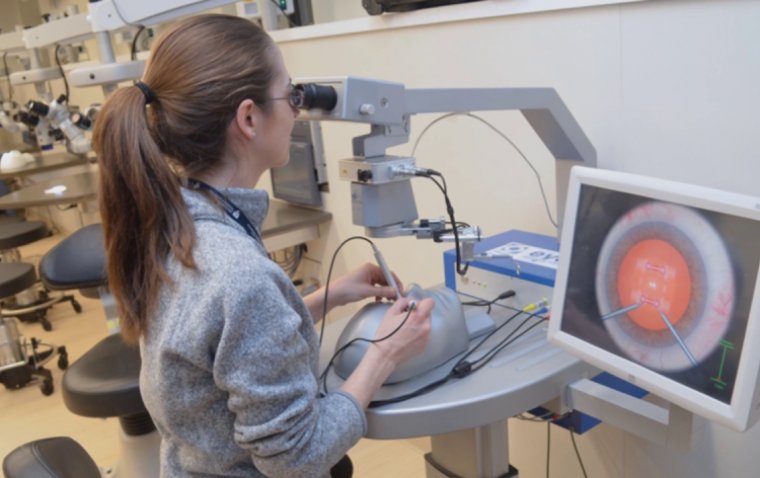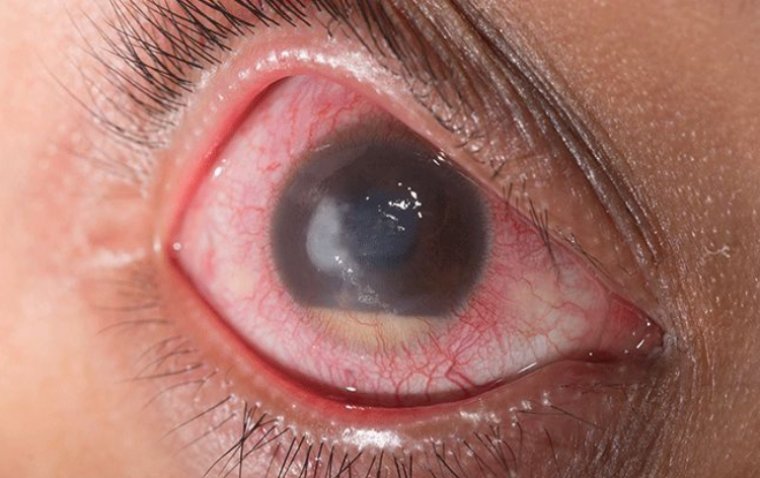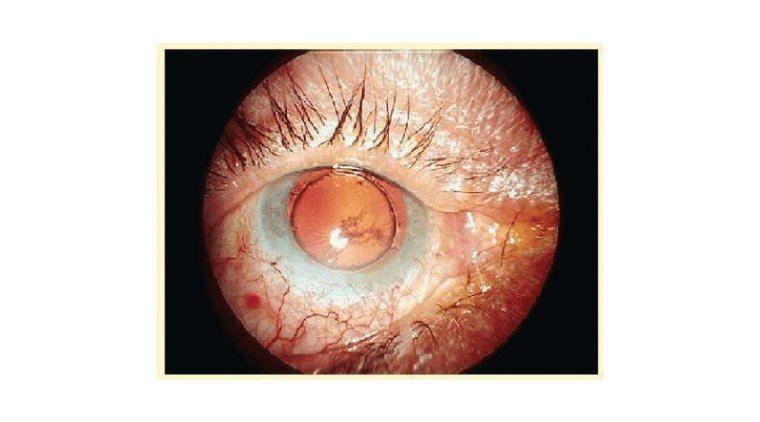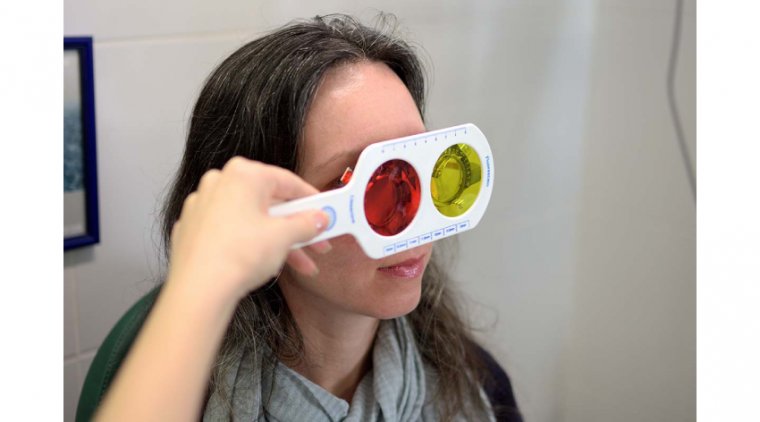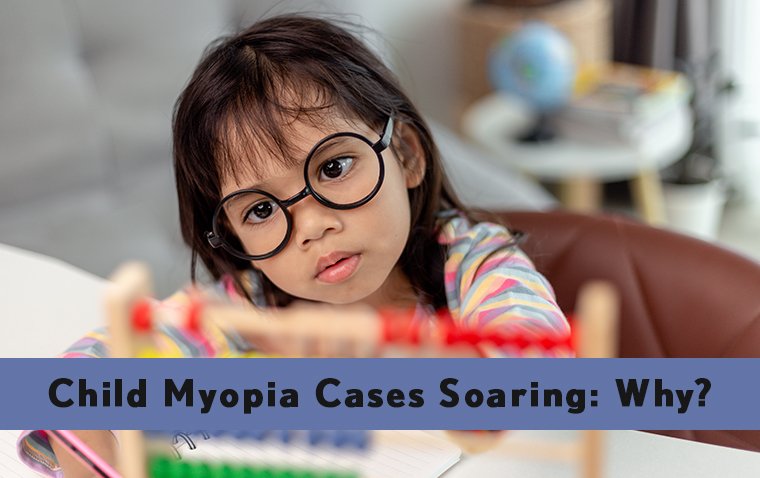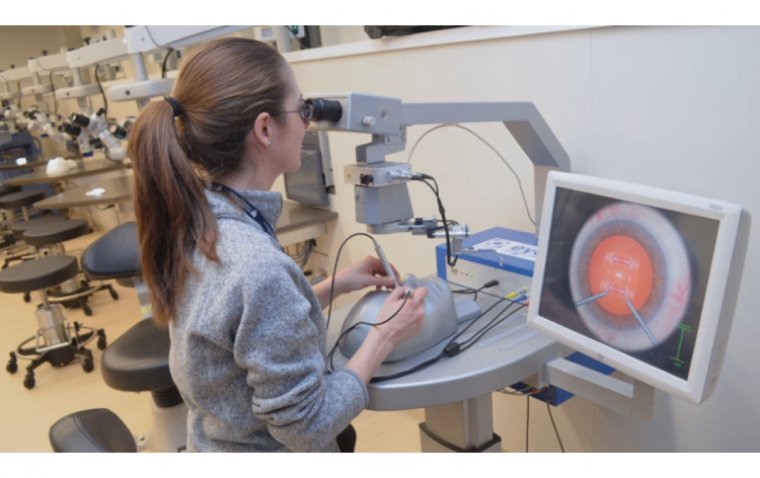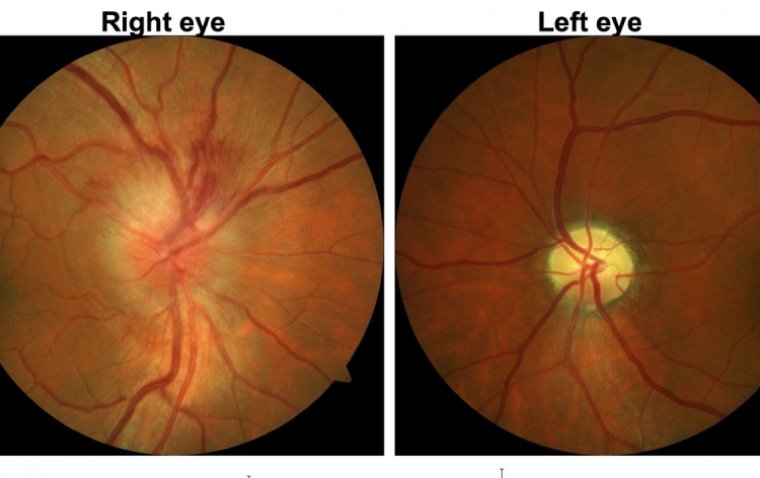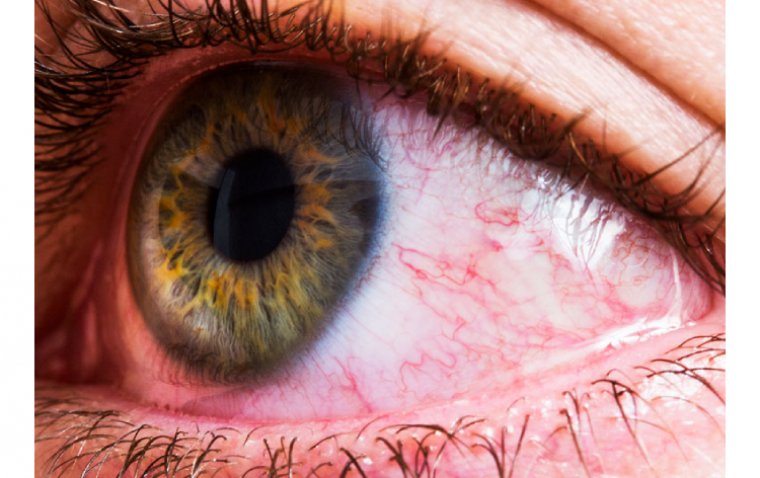
The Most Common Eye Allergies and Treatments
Eye allergies are the irritation of the eyes with allergic factors from the outside, reacting with redness, itching and watering. Approximately 20% of the world's population has eye allergies. Eye allergies can be hereditary or occur from outer factors, such as dusty environments.
Wood dust that occurs when cutting wood in the carpenter's workshop, dust that flies on unpaved roads, dust that occurs on construction sites in the city due to urban transformation, dust formed from sand in the jean stone washing workshop; in short, all of these examples of dusty environments can easily trigger eye allergies. Other than these examples, getting exposed to cigarette smoke, less tear production of eyes, swimming in an unhygienic pool, touching eyes with unclean hands, applying eye makeup such as mascara and eyeliner can also cause eye allergies.
What Are the 3 Most Common Eye Allergies?
There are 6 types of eye allergies, which differ according to the probability of having a low or high risk of damaging the cornea. The most common types of these eye allergies are Perennial Allergic Conjunctivitis, Seasonal Allergic Conjunctivitis (allergic rhinoconjunctivitis) and Contact Allergic Conjunctivitis (contact dermatoconjunctivitis).
1. Perennial Allergic Conjunctivitis: It is a type of allergy that can be seen all year round. Things such as pet hair, dust and pollen are causing this allergy. Its symptoms are similar to seasonal allergies. However, compared to seasonal allergic conjunctivitis, the symptoms of perennial allergic conjunctivitis are milder. This allergy is more common in children.
2. Seasonal Allergic Conjunctivitis: This type of allergy becomes widespread in the spring season. Because in this season, the trees are blooming. The pollen of these flowers are starting to spread in the air. It causes redness, itchiness and watering in the eyes. People with sensitive bodies can also face nasal discharge.
3. Contact Allergic Conjunctivitis: As it can be seen from the name, this allergy is caused by contact lenses. People with sensitive eyes can have their eyes irritated by wearing contact lenses. Contact lenses will cause itching and redness in the eyes. Generally it’s not recommended to wear contact lenses for sensitive eyes. Otherwise, it may cause permanent damage to the eyes.
What Is Best for Eye Allergy?
Depending on the stage and type of the allergy, eye allergies can cause vision impairment, corneal damage, or even serious health problems such as eye loss. Therefore, a person with an eye allergy should definitely see an ophthalmologist first. Antihistamine eye drops, which the doctor is going to prescribe, will greatly benefit the patient.
And what else can be done for eye allergy? The recommendations listed below can also be applicable:
● It is necessary to stay away from dusty environments.
● Person that has an eye allergy should not wear eye makeup.
● Eyes should be protected from dust, pollen and harmful sun rays by wearing sunglasses.
● Eyes shouldn’t be rubbed, especially if the person hasn’t washed their hands yet.
● Looking at electronic devices such as cell phones and laptops can also tire and dry the eyes. Therefore, a lot of time should not be spent with such devices.
● Long hot showers should be avoided, since the vapor of chloride in tap water can damage the eyes.
● Swimming in an unhygienic pool should also be avoided.
● Another person's towel should never be used.
(1).jpg)
